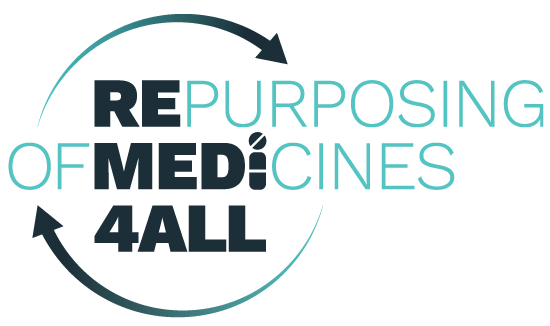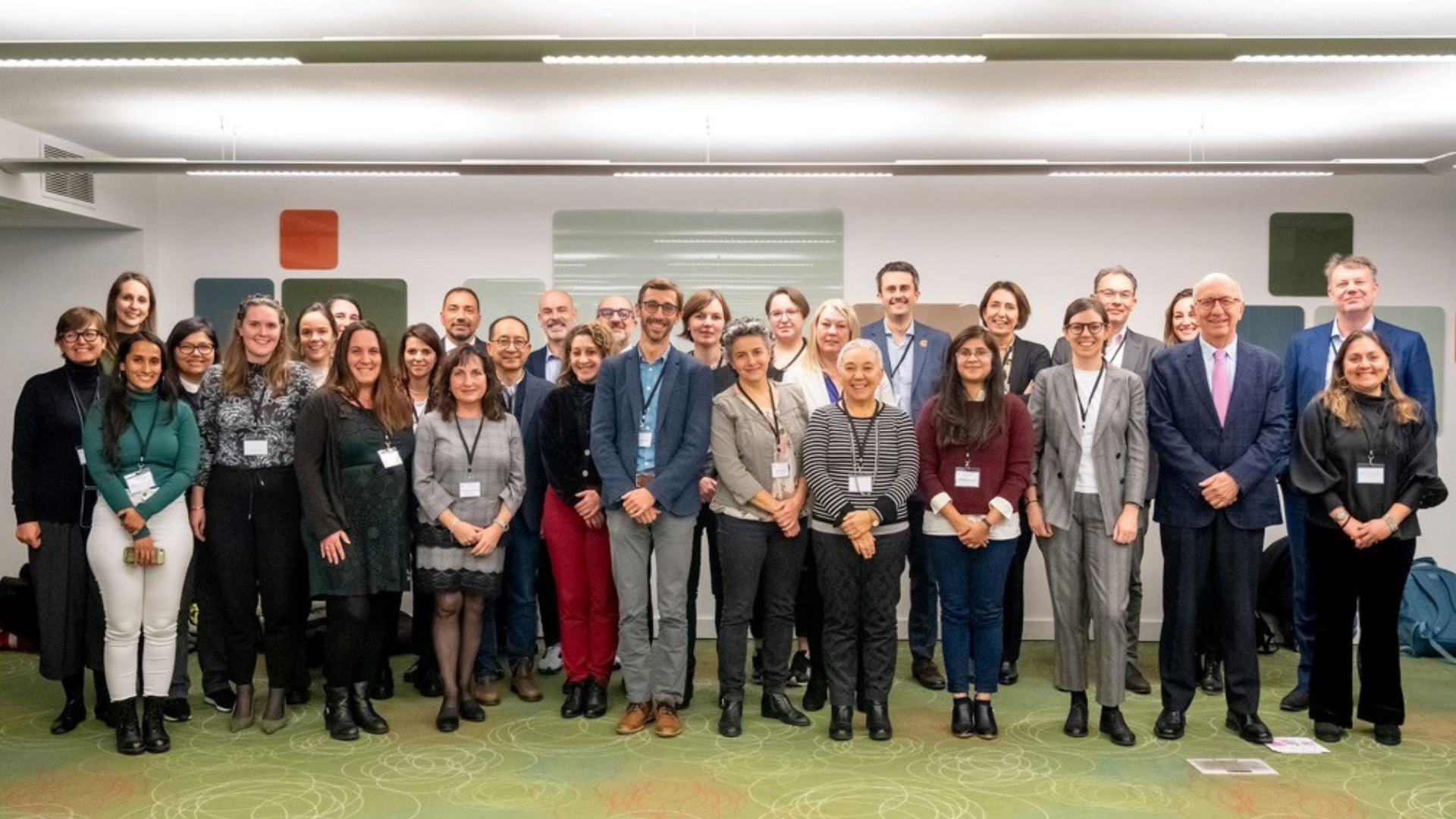Pancreatic cancer, a rare and hard to treat type of cancer, is one of four disease areas that REMEDi4ALL partners focus on to help build and future proof an accessible and extensive platform that supports and accelerates drug repurposing. Prior to Pancreatic Cancer Day (16 November), researchers, clinicians, regulators, funders, patients and patient group representatives met in Brussels on 14 November to discuss the potential of drug repurposing in advancing research on treatments for this historically hard to treat disease.
At present, pancreatic cancer carries poor prognosis for patients, who are often diagnosed late due to common symptoms presenting as everyday aches, pains and problems. Current therapy for pancreatic cancer (a combination of surgery, chemotherapy and radiotherapy), is significantly less effective than in other tumour types and carries a high burden for patients. The hope is that drug repurposing can ameliorate this. During this REMEDi4ALL-led workshop, organised by EURORDIS, Beacon, Anticancer Fund (ACF), Istituto Nazionale Tumori Fondazione Pascale, Cancer Patients Europe (CPE) and Pancreatic Cancer Europe (PCE), experts from different fields discussed the opportunities to improve pancreatic cancer treatment and outcomes using repurposed drugs as monotherapy, or to enhance current therapeutic regimens.
A devastating and “tricky” form of cancer
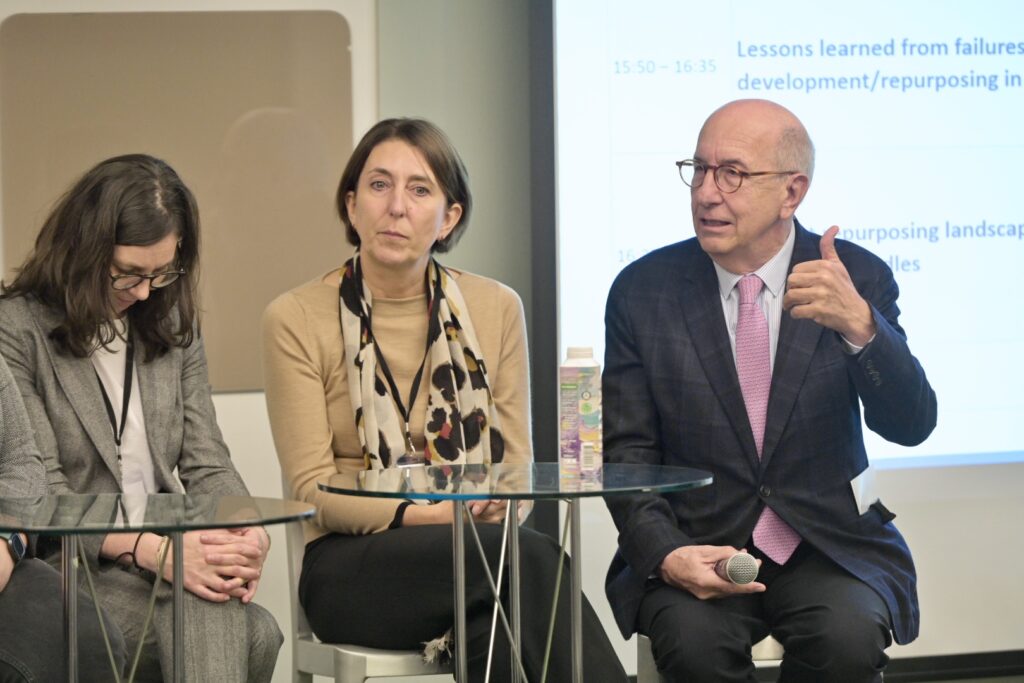
Due to lack of symptom awareness, patients are often diagnosed late when the disease is at an advanced stage. On average, a patient newly diagnosed with metastatic pancreatic cancer survives between 8 and 11 months. It is currently one of the leading causes of death by cancer in Europe.
During the meeting, Alfredo Carrato, Emeritus Professor of Medical Oncology at Alcalá University (Spain) and chair of PCE, stated that pancreatic cancer will reach the top three causes of death by cancer in Europe if no urgent action to improve early diagnosis and treatment is taken.
Why is mortality in Pancreatic Cancer so high compared to other types of cancer?
According to Ilse Rooman, Professor at the Vrije Universiteit in Brussels and program director on pancreatic cancer at ACF, the poor patient outcomes we observe today are a result of several factors including late diagnosis and limited treatment options, but also years of underinvestment in pre-clinical and clinical research to better understand the complexity and heterogeneity of these “tricky” tumours.
“Late diagnosis, generally when the cancer has already metastasised, the heterogeneity of this type of tumours and lack of investment on pancreatic cancer research are the main reasons behind high mortality rates”.
Ilse Rooman, program director on pancreatic cancer at ACF
All experts participating in this face-to-face meeting agreed on the need to invest more in research to understand the complex biology of pancreatic tumours, improve diagnosis through the identification of new biomarkers or the use of innovative screening tools, and finally, to develop new and “better” treatments driven by patient’s need.
Sharing their invaluable insights and experiences as pancreatic cancer survivors; Patrycja Rzadkowska, patient advisor and Vice-chair of PCE, Ali Stunt, board member of PCE and founder/ former chair of Pancreatic Cancer Action and Steve Bigelsen, called for better care and more awareness.
All attendees had consensus on the need for national screening programmes to detect and diagnose the disease in its early stages, when the tumour is more likely to be treated successfully with surgery. Currently, this only happens in 20% of cases.
“I was diagnosed with pancreatic cancer aged 41, 16 years ago. At the time, I was shocked to see the statistics that I was facing of less than a 3 per cent survival rate on average. But I was even more shocked to find out that there been very little survival improvements in my lifetime. As a very rare and lucky pancreatic cancer survivor, I want more people to have the same outcome as I had. This is why I am now involved as a patient advocate in collaborative research projects. Because, as patients, we know what we need and what we want, particularly those with experience on the disease. We know what is like to be a patient, how it feels and how it affects us and our family members”.
Ali Stunt, Pancreatic Cancer Survivor and Patient Advocate
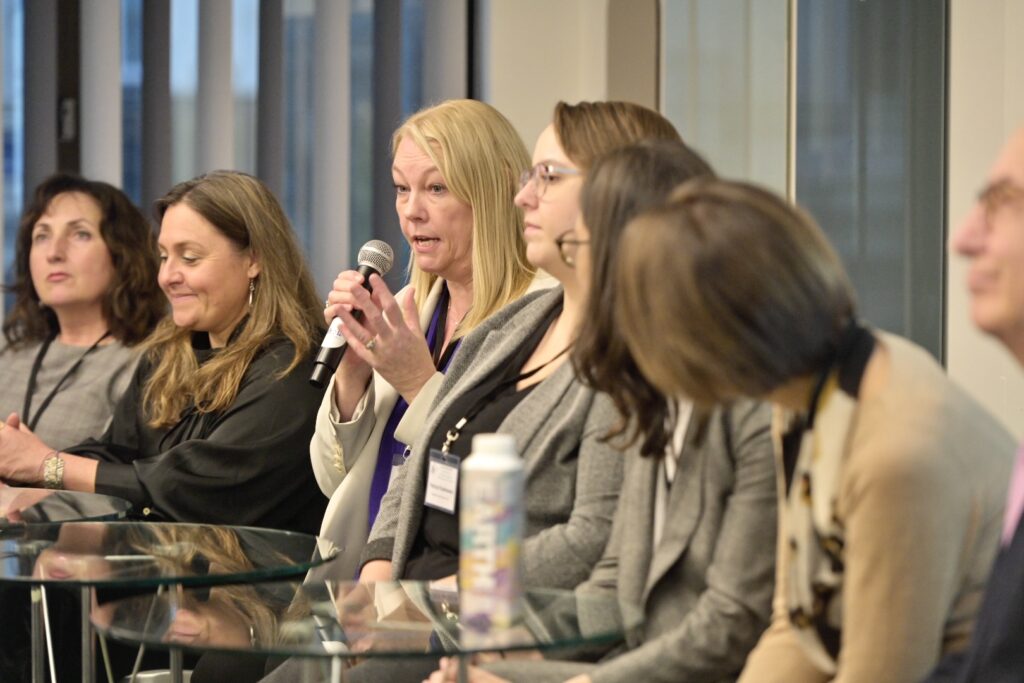
So, what is next?
Federica Valsecchi, Project Management Lead for Immunotherapy at the Memorial Sloan Kettering Cancer Center in NY and founder of the Italian patient organisation ‘Fondazione Nadia Valsecchi’, underlined, that recent advancements and use of new methods such as in-silico tools, artificial intelligence (AI) and electronic health records (EHR) should be used to enhance research in pancreatic cancer.
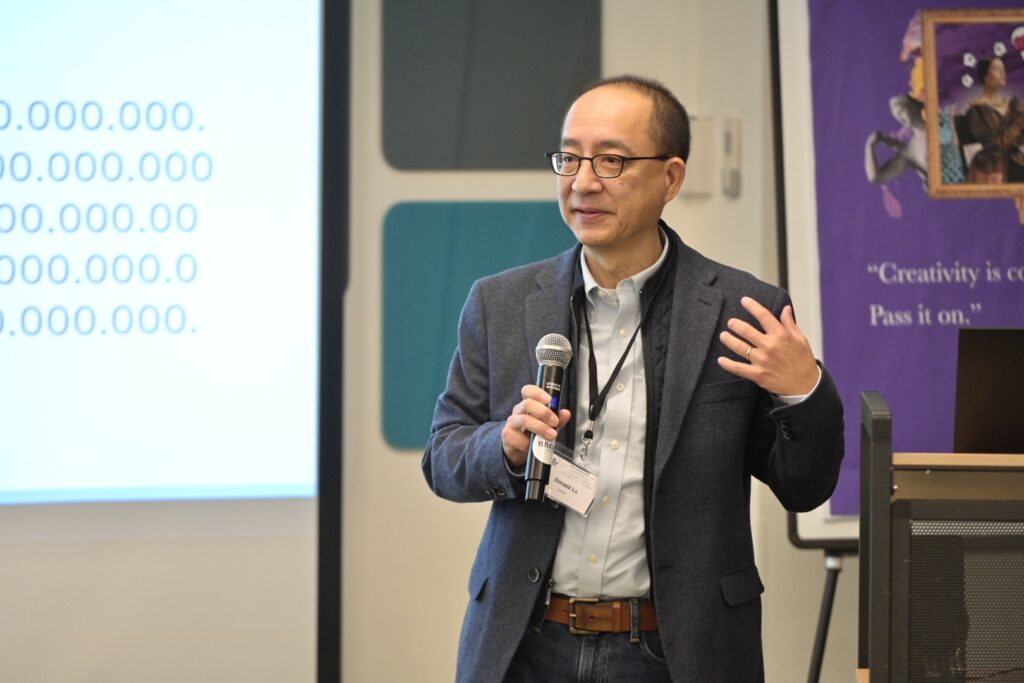
In line with this, Donald Lo, Director of Medicines Development at EATRIS and REMEDi4ALL scientific lead, advocated for paradigm shift within drug development, highlighting the value of finding new therapeutic uses for approved or investigational medicines that are outside the scope of the original medical indication. This strategy, known as drug repurposing, leverages knowledge previously generated on safety and effectiveness for a specific drug to explore new mechanisms of actions for new indications. Drug repurposing is commonplace in the field of cancer with drugs indicated and licensed for use in one tumour group often later trialled and used in other tumour groups. This might prove promising in “hard to treat” cancers, such as pancreatic cancer.
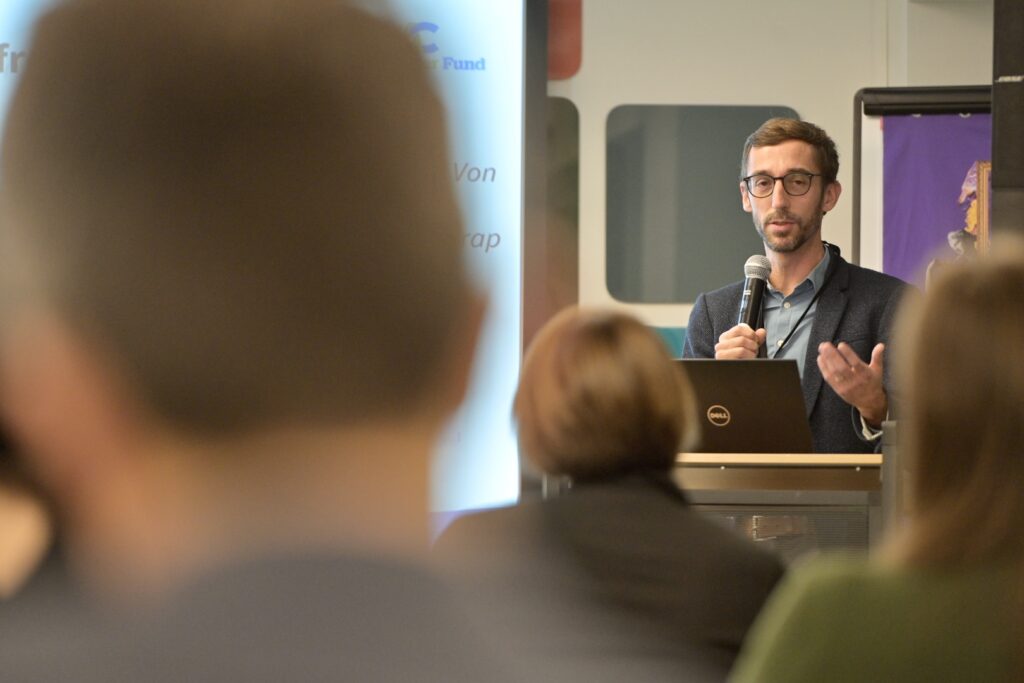
Although drug repurposing might be an attractive and promising strategy for pancreatic cancer treatment, Gauthier Bouche, Director of Clinical Research at ACF, highlighted current limitations of repurposing approaches in oncology and pancreatic cancer. In particular, he underlined that to date, there have been no drugs successfully repurposed for use in pancreatic cancer with numerous clinical trials failing to prove efficacy.
How can this situation be radically turned around? According to Bouche, implementation of innovative clinical trial designs and use of biomarkers for patient stratification and selection, together with early engagement with regulators might help shift the current status quo.
In line with Bouche, Violeta Stoyanova-Beninska, Chair of the Committee for Orphan Medicinal Products (COMP) at EMA and Chair of the National Scientific and Regulatory Advice at the Medicines Evaluation Board in Netherland, underlined the importance to seek early regulatory and scientific advice to close the gap between non-clinical and clinical development.
The VESPA trial
Luca Cardone, Principal Investigator at the Istituto Nazionale Tumori Regina Elena (Italy), Alfredo Budillon, Scientific Director at the Istituto Nazionale dei Tumori G. Pascale (Italy) and Maria Laura García Bermejo, Scientific Director at Ramón y Cajal Health Research Institute (Spain) shared interesting details about pre-clinical approaches to improve drug repurposing and presented two clinical trials they are currently leading.
Cardone presented the ORIENTATE trial, sponsored by ACF. This trial explores repurposing of decitabine, a treatment approved by the FDA for use in some blood-based cancer types, in advanced pancreatic cancer.
Budillon gave insight into the REMEDi4ALL supported VESPA trial. This trial explores the use of two medications, valproic acid (used to treat some neurological and mental health conditions) and simvastatin (used to lower cholesterol) in addition to the standard of care chemotherapy. Early results suggest that the combination of these two drugs may improve how effective chemotherapy is in shrinking tumours.
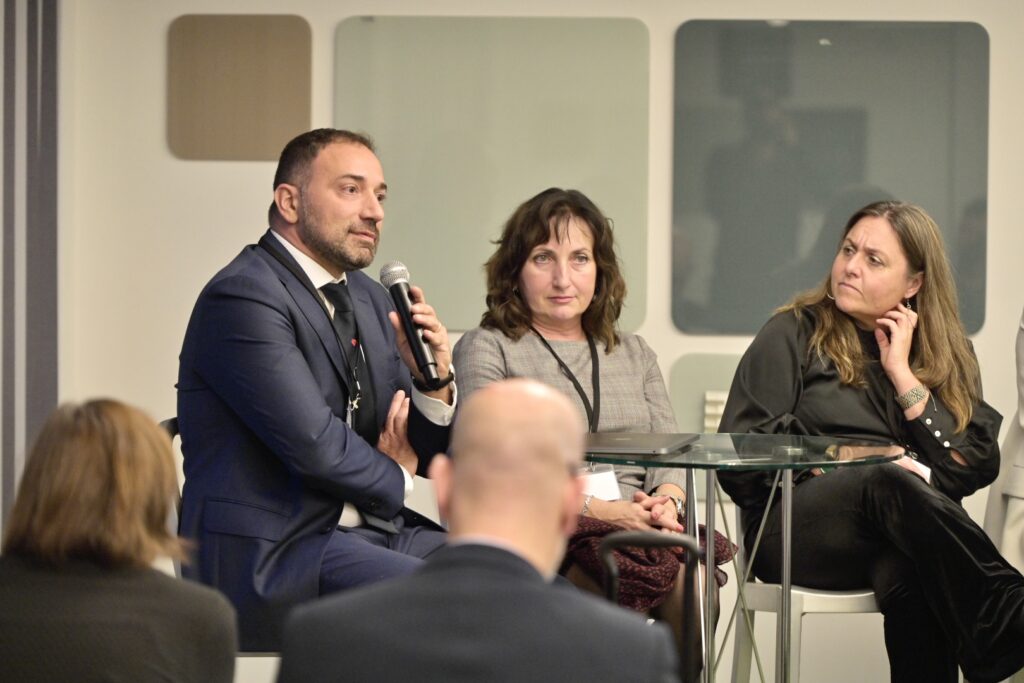
Ensuring repurposed drugs reach patients
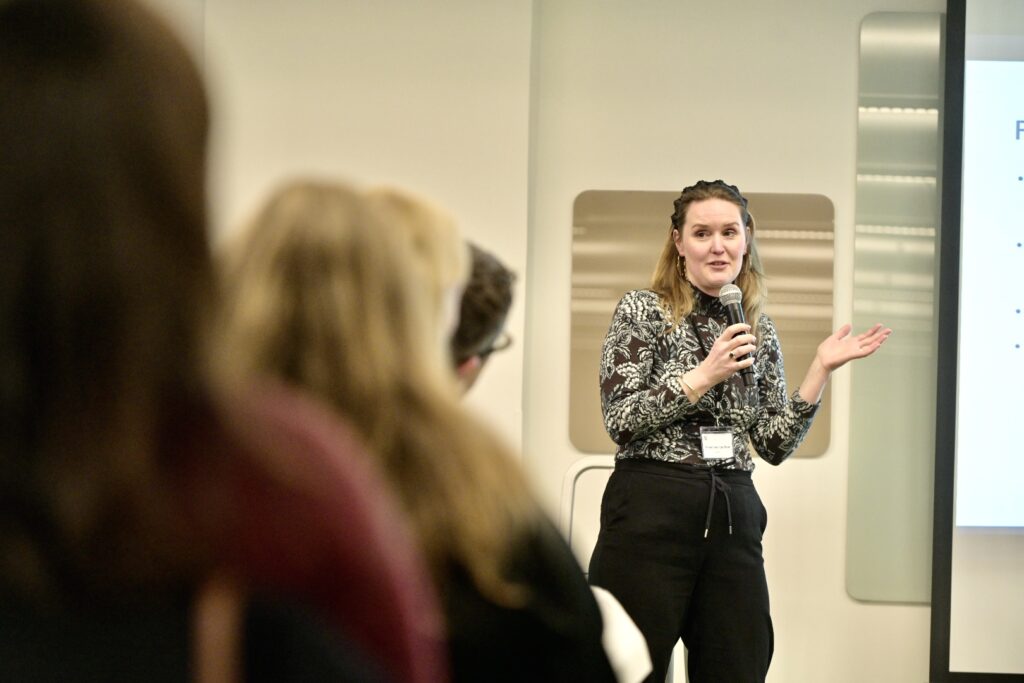
The second part of the meeting focused on funding, market access and reimbursement, critical to ensure successfully tested repurposed drugs reach patients.
Heleen Van der Meer, Senior Project Manager at ZonMW, Raluca Radu, Value Added Medicines Policy Manager at Medicines for Europe, Alexandre Bento Costa Alencar, Head of Cancer Research at Rising Tide Foundation and Hans Platteuw, Chief Scientific Officer at Galenicap agreed that reimbursement decisions should be based on the benefit they bring in terms of improving patients’ quality of life while also reducing medical and economic burden. Van der Meer and Radu advocated for co-funding and called for all actors to compromise on a reimbursement and incentives scheme that makes health systems sustainable.
The day ended with interesting discussion rounds highlighting lessons learned from failures in past trials and current hurdles and limitations to successfully repurpose drugs for pancreatic cancer. Discussion included recommendations and actions needed to advance research and patient outcomes.
“Our first REMEDi4ALL Multi-Stakeholder Meeting was a great success. I thank our speakers for the outstanding presentations and interesting discussions. Having representatives from different stakeholder groups in the same room, sharing their expertise and knowledge and discussing the current limitations in the field, is mandatory to promote and improve patient-centric research and therapeutic development for this “hard to treat” cancer”
Claudia Fuchs, Senior Project Manager at EURORDIS.
Article written by Gisela Pairó (Teamit), Claudia Fuchs (Eurordis) and Eve Hewitt (Beacon) – November 2023
